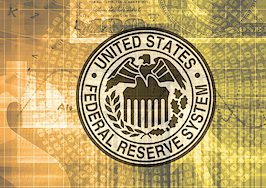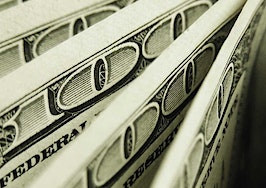Trying to make sense of economic news and its effects on mortgages and home buyers and sellers feels more like a game of Chutes And Ladders than rational analysis. Heaven knows the Fed itself is confused.
Interest rates fall on bad economic news because a slow economy does not generate inflation. But for low rates to be good news for housing, people need to have jobs and rising incomes.
Does all of this just cancel out, like the apparent damage of low oil prices wiping out the benefit of buck-seventy-five gas?
Sometimes — but not this time, and the key is the difference between the last two economic cycles and economy/housing normal.
In a normal economic cycle, when the Fed gets too worried about inflation it is forced to jack rates too high, so high that we have a recession. The immediate cause: housing crumples when rates get too high. So it was and had been throughout the Fed’s history. Until 2000 …
In 2000, the Fed had raised rates, but the economy fell out of bed for two abnormal reasons: The tech-fueled stock bubble blew, and poorly understood effects of globalization brought serious risk of deflation. 9/11 hurt, too, but briefly.
The Fed cut the cost of money to 1.00 percent, and long-term rates fell, too. The recession of 2001 and 2002 was the first in modern times in which housing did not crumble — in fact it took off during the recession and pulled the country out of trouble.
Unfortunately, as we all know now, housing not only took off but bubbled, gassy from truly foolish mortgages. Regulators were very slow to react. The Fed tightened overnight money from 2004 through 2006, but mortgage rates rose little, housing hotter and hotter, and overbuilding.
But no inflation, no reason for the Fed to pull the plug on the economy.
But accidents do happen. In 2007, the mortgage world collapsed of its own weight, not Fed pressure, together with same-size heap of equally bad credits (which no one hears about), and the general, global financial collapse brought on the Great Recession. And the first inflation-clear-sky crash in housing ever.
Now we are eight years into an economic recovery, the job market may be tightening, but there is absolutely no sign of overheating in housing. The bubble oversupply has been eaten up, and rents are rising, but new construction and home sales and prices are still thin.
The Fed has begun a very slow process of raising the cost of money (from 0.25 percent to 0.50 percent so far), but mortgage rates have fallen so far in 2016.
We are in an equally slow process of recalibrating housing back to normal cycles. That is, we can continue to expand slowly, begin to grow new households, find down payments, and rising incomes will add to purchasing power, but the party won’t stop this time until we have inflation.
And inflation strong enough to justify rates high enough to stall the economy.
A traditional cycle will begin again someday, but it’s still a long way off. For now, good news is good news.
Lou Barnes is a mortgage broker based in Boulder, Colorado. He can be reached at lbarnes@pmglending.com.








